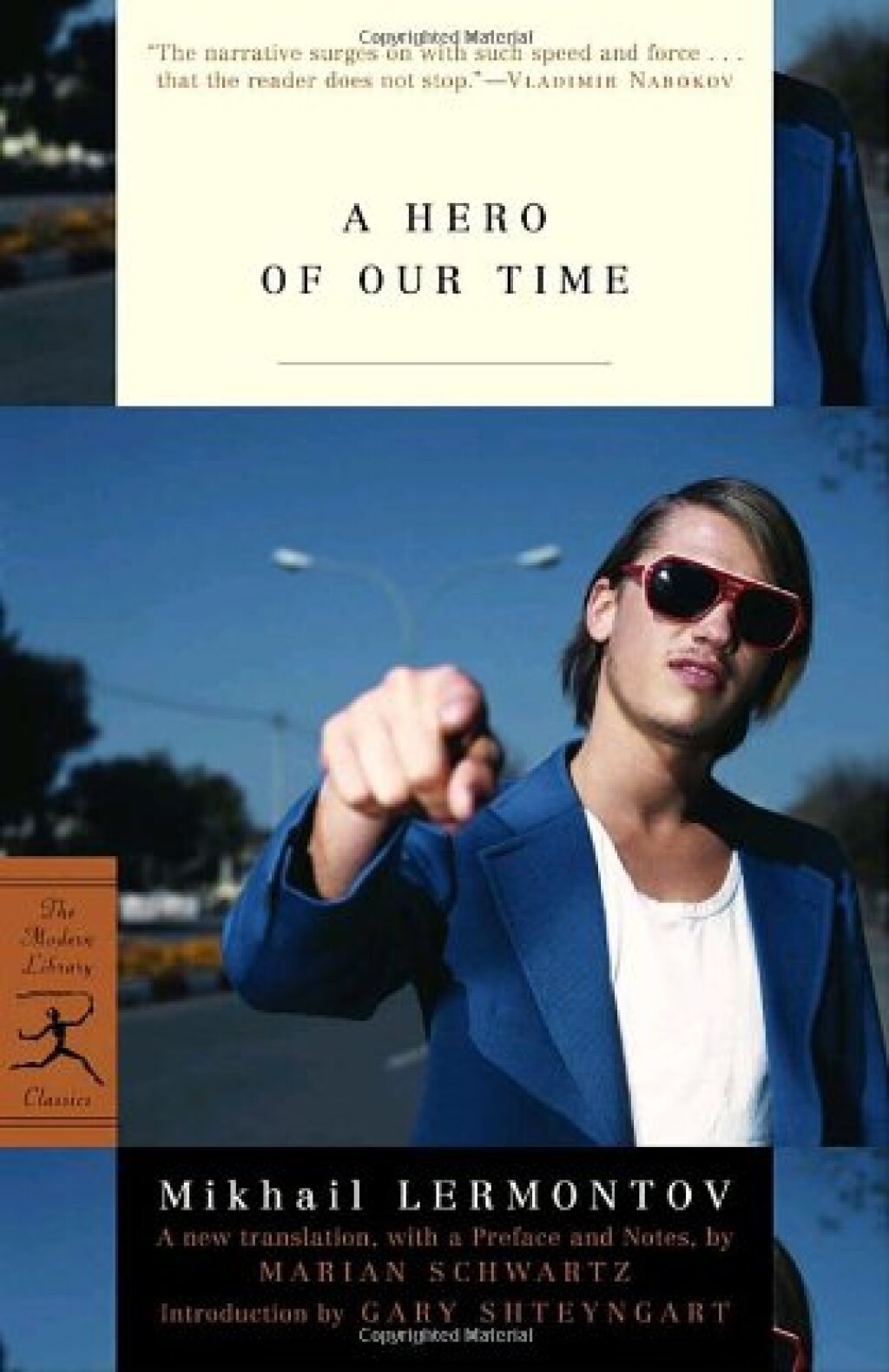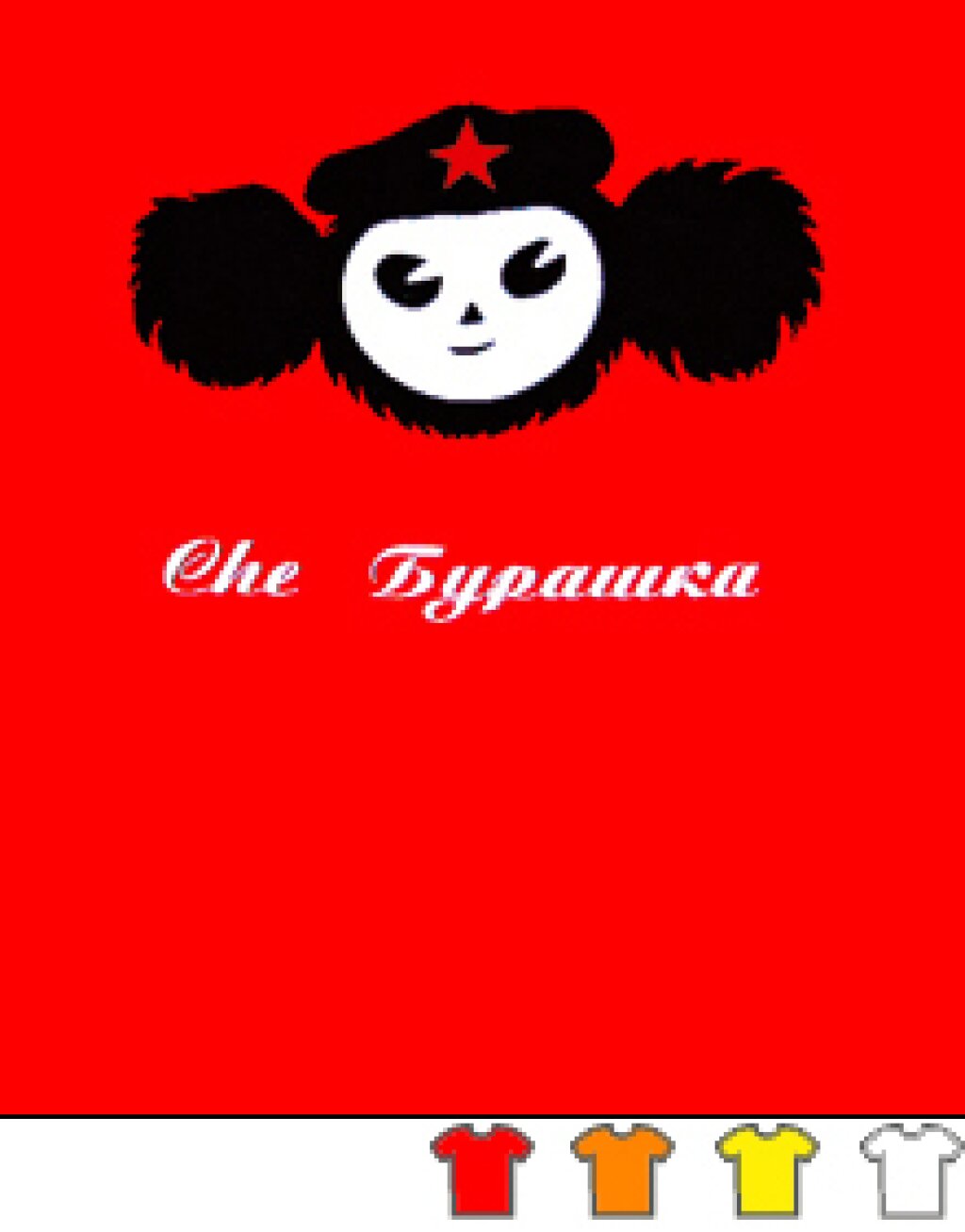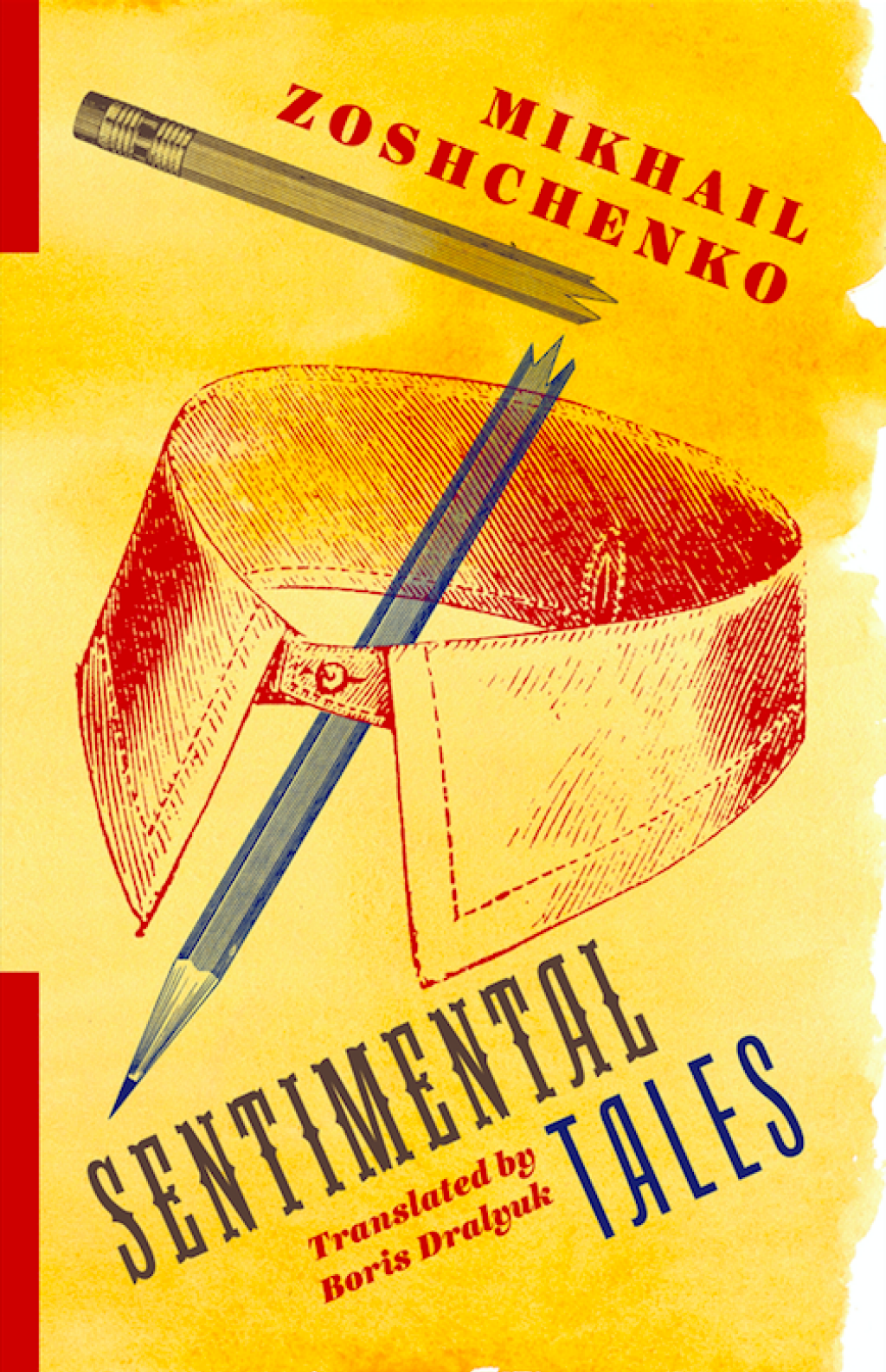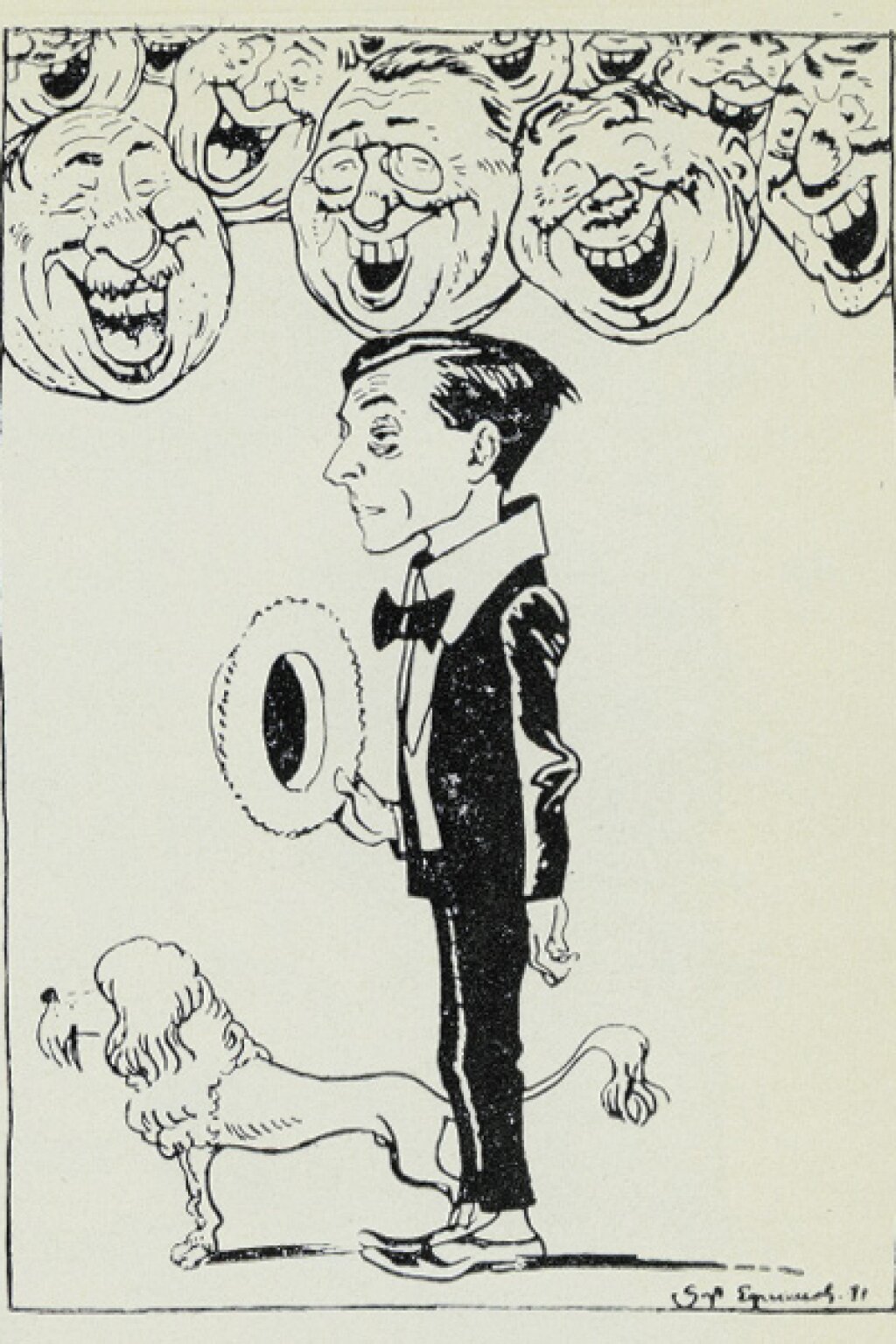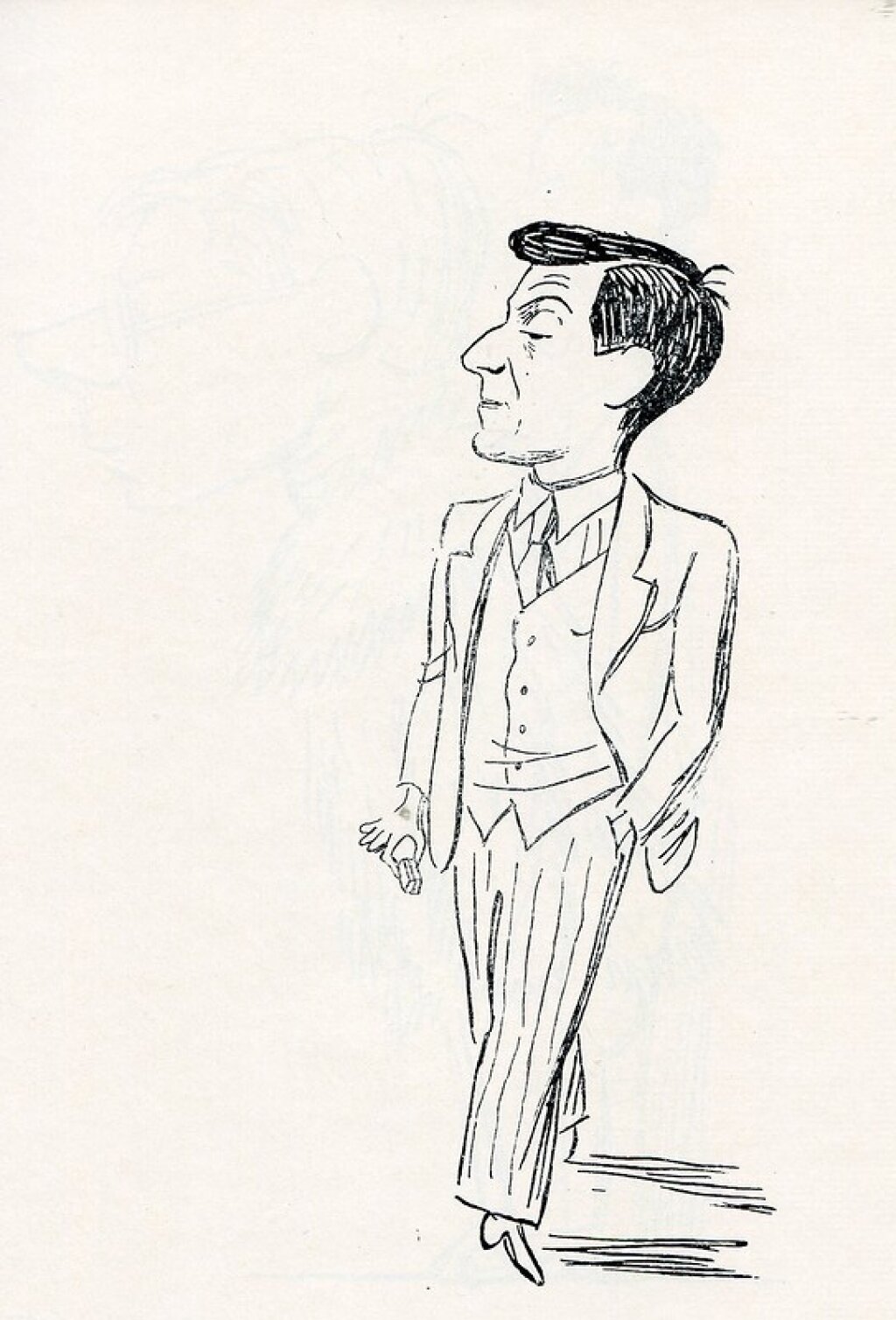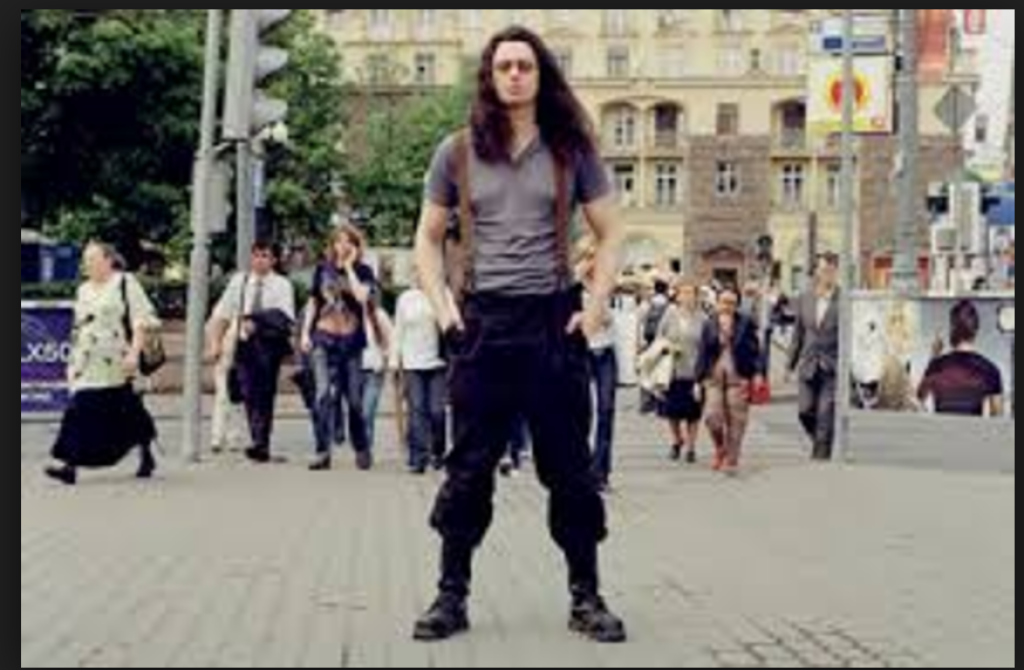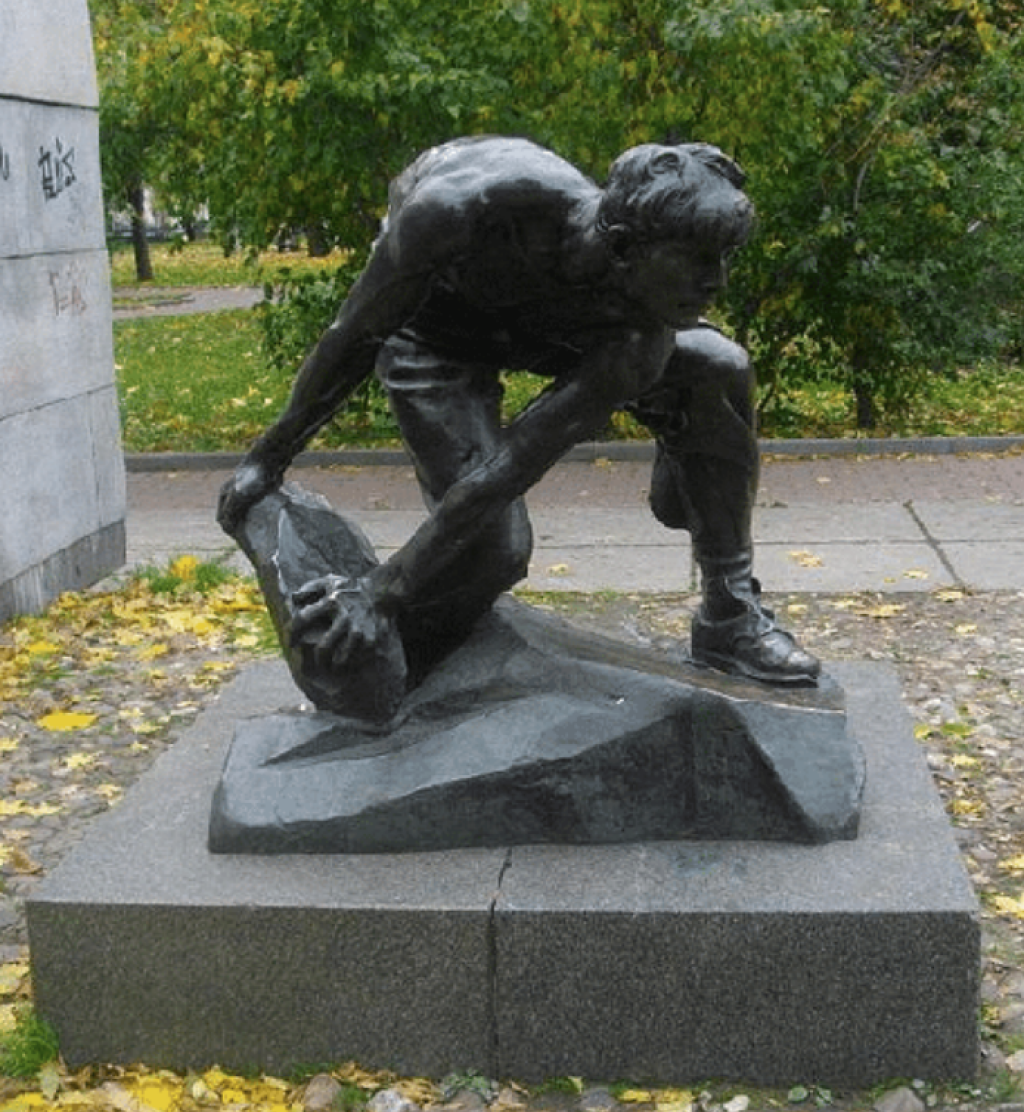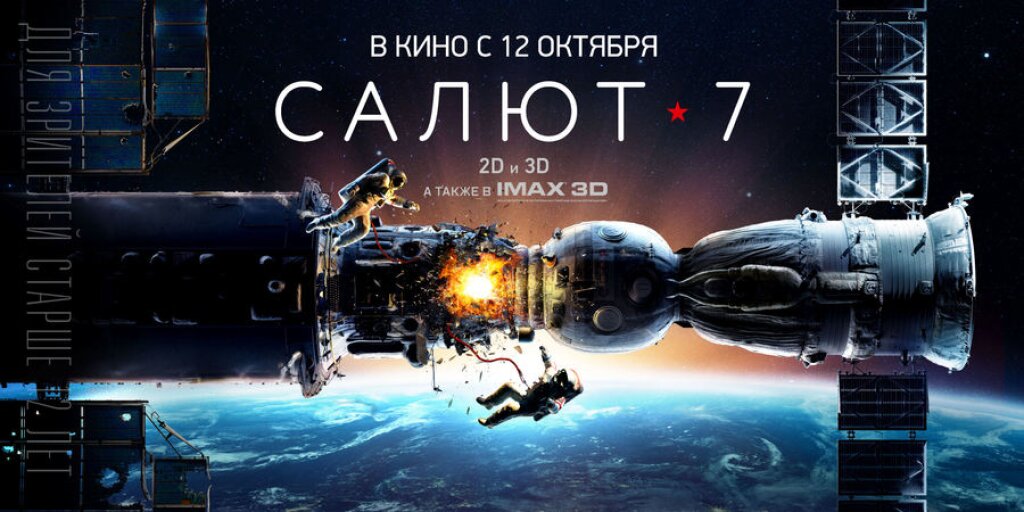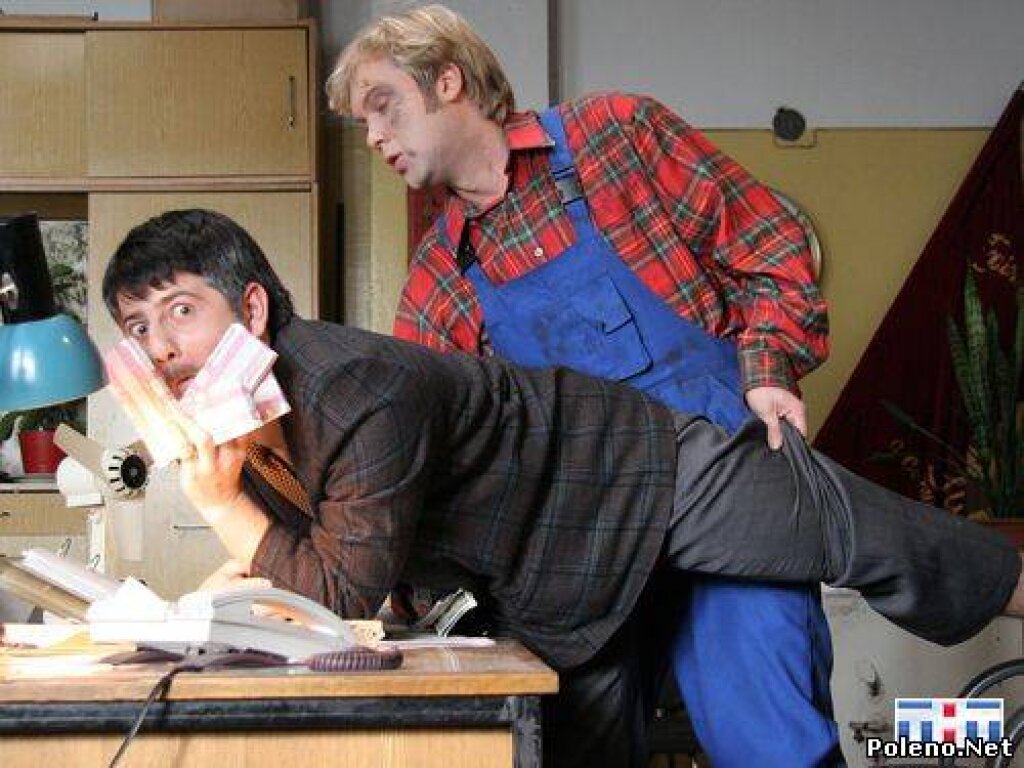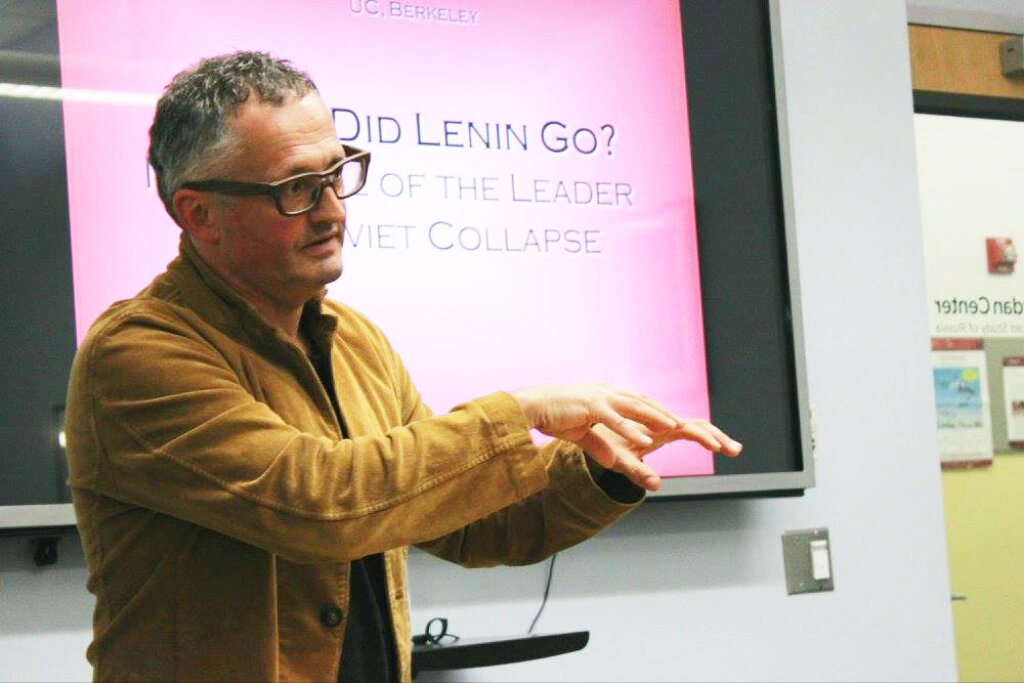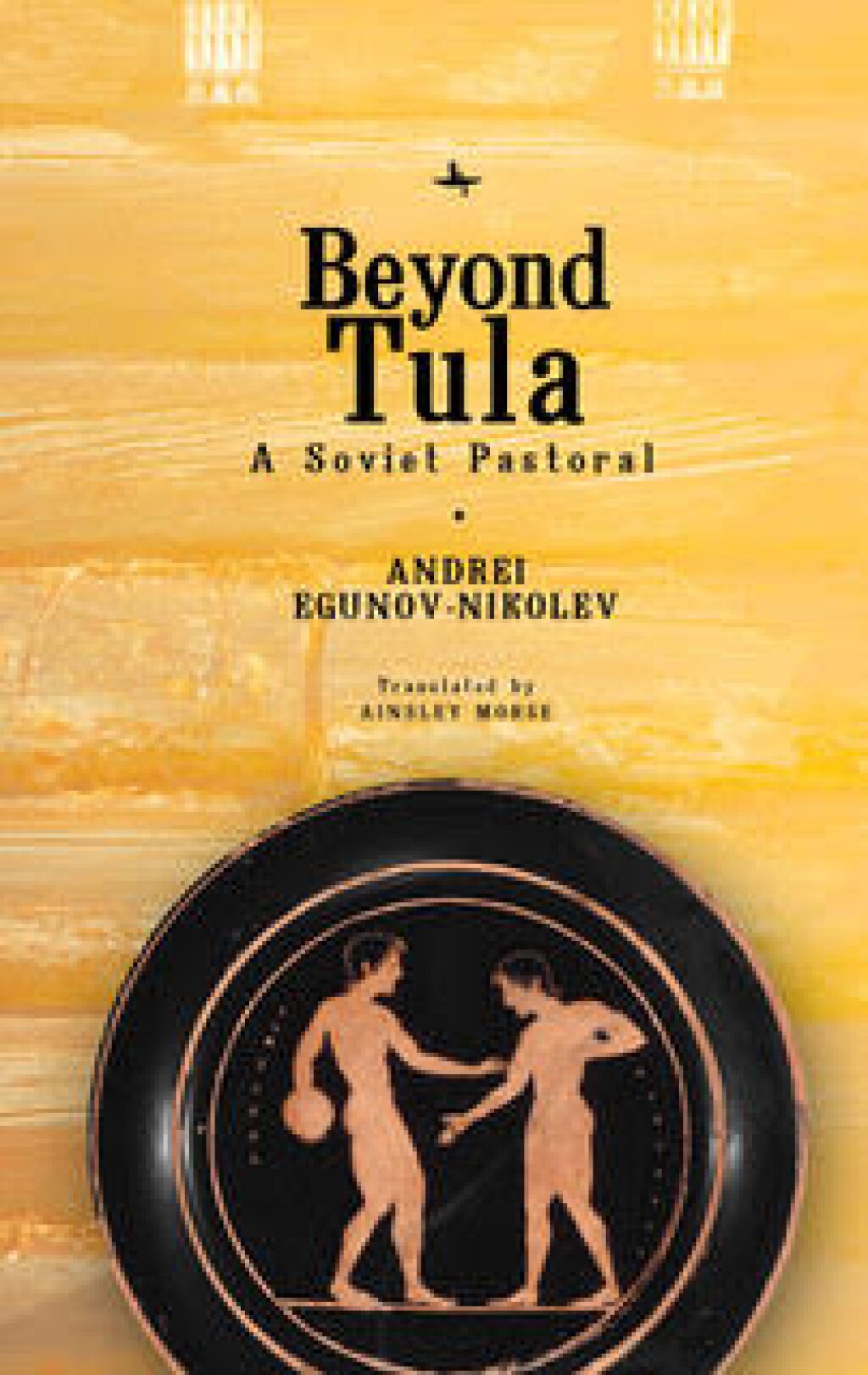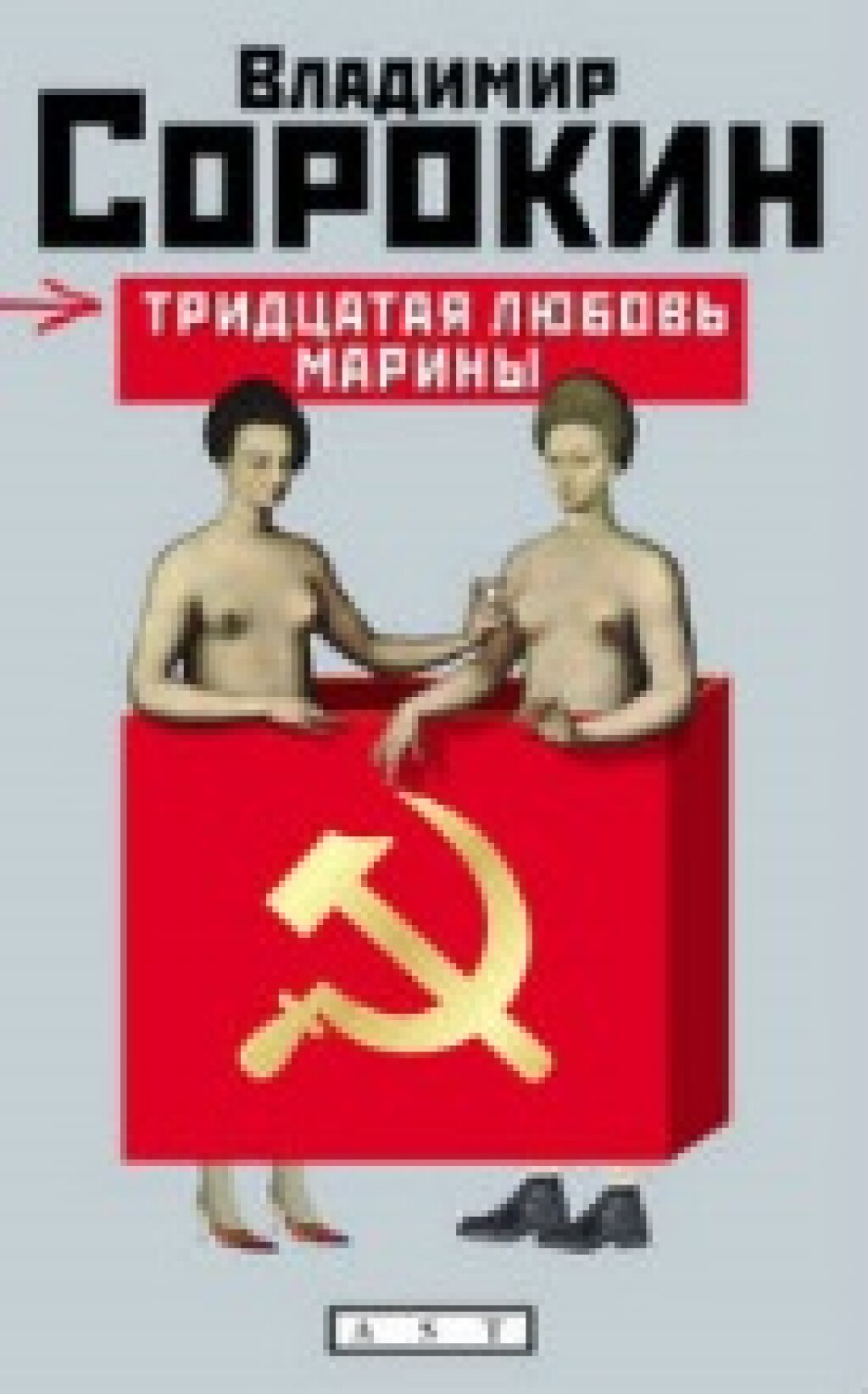Featured
The Leviathan and the Gutter: Gefter.ru interviews NYU's Mikhail Iampolski (Part I)
There’s no law, Putin is absolutely impotent, he can’t do anything. That’s it. All that’s left is to sit there, like a medieval serf, and hope to God that you...
The Leviathan and the Gutter: Gefter.ru interviews NYU's Mikhail Iampolski (Part II)
It’s all very sad, I think. The capacity for thought has already disappeared, and now dignity is gradually being snuffed out, but I don’t see any solutions. People still depend...
Mikhail Lermontov Part I: The Original Hipster
If Russian literature is a history of Pushkin imitators, then Lermontov came first, and he’s still the best. Many have tried imitate Pushkin’s style, but few went as far to...
Mikhail Lermontov Part II: The Flesh Mop
Borrowed culture, without full cognizance of origin, is still pervasive in much of the hipster culture of Russia.
Summer Reading Series: Mikhail Zoshchenko's "Sentimental Tales," Part I
"This book—this collection of sentimental tales—was written at the very height of NEP and revolution. And so the reader is, of course, entitled to demand certain things of its author:...
Summer Reading Series: Mikhail Zoshchenko's "Sentimental Tales," Part II
"In view of past misunderstandings, the writer notifies his critic that the person who narrates these tales, is, so to speak, an imaginary person."
Summer Reading Series: Mikhail Zoshchenko's "Sentimental Tales," Part III
“Why does man exist? Is there a purpose to man’s life—and if there isn’t, then is life itself not, generally speaking, in part senseless?” Of course, some assistant or full...
Summer Reading Series: Mikhail Zoshchenko's "Sentimental Tales," Part IV
The author pledges to his dear readers that when he recalls certain sentimental scenes—say, the heroine crying over a portrait, or the same heroine mending Apollo Perepenchuk’s torn tunic, or,...
Summer Reading Series: Mikhail Zoshchenko’s “Sentimental Tales,” Part V
Before long Apollo Semyonovich Perepenchuk sank deep into poverty.
The Orc-Song of Mikhail Y. Elizarov (Russia's Alien Nations)
The song is an implicit call for the renewal of Orc pride.
On Russian PM Mikhail Mishustin, or Inside the Mind of an Ordinary Russian Bureaucrat
Instead of being remembered as a "great reformer," Mishustin will likely enter history as someone who oiled a murderous war machine responsible for the suffering of the Ukrainian as well as the Russian people.
Vladimir Putin: Pauper or Princeling?
If Vladimir Putin did indeed come from a family with ties to the Soviet nomenklatura, that would illuminate the role of personal connections in an allegedly egalitarian and meritocratic society....
Reenactments of 1917 in Film: Conference Recap
In collaboration with NYU’s Department of Comparative Literature and the Department of Cinema Studies, the Jordan Center welcomed speakers and guests November 17-18 for “Reenactments of 1917 in Film.” As...
Reinventing the Soviet Past: Actor Pavel Derevyanko's "Positive Heroes"
In the series "Dark Side of the Moon" (2011-) and in the film "Salyut-7" (2017), historical and biographical truth take a backseat to the aesthetic and ideological needs of the...
Fictional Gays and Real Meteorites in Chelyabinsk
Chelyabinsk is about the last place in Russian you’d expect to find any kind of gay movement, and comedians have taken advantage of this.
Alexei Yurchak explains the importance of Lenin's body, between form and bio-matter
On October 9, 2015, the NYU Jordan Center for the Advanced Study of Russia welcomed Professor Alexei Yurchak from University of California Berkeley for a session of its Fall 2015...
Spring Reading Series: Andrei Egunov-Nikolev's "Beyond Tula," Part I
"Beyond Tula" has a transparently insignificant plot: a young writer from the city comes to visit his engineer friend in the country for a couple of days, and everything ends...
The Journey to Amerika: An Immigrant Story
No, we did not come from a war-torn country.
Cold Snap (Part II): Russian Film after Leviathan
An auteurist orientation, therefore, is neither good nor bad, but it is certainly mismatched to an industry—especially during periods of robust growth—in which so-called “spectators’ cinema” [zritel'skoe kino] is in...
Teaching The Master and Margarita: A Pedagogical Field Note
If I had to choose a book to bring on a desert island, I wouldn’t choose this one.






